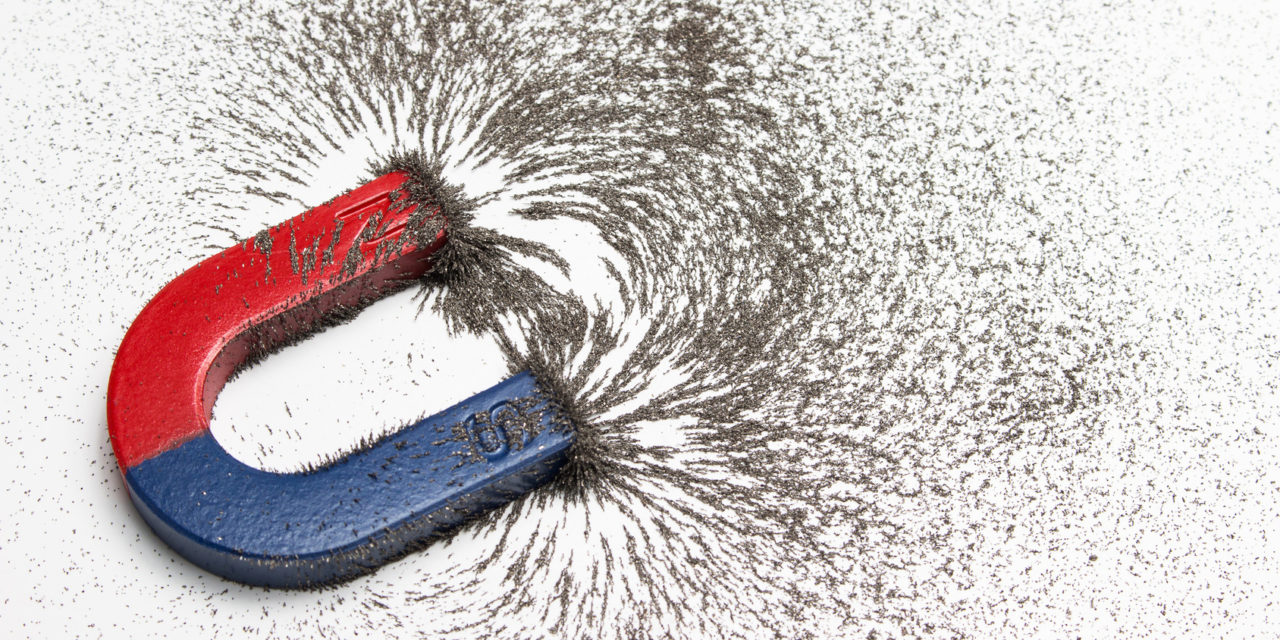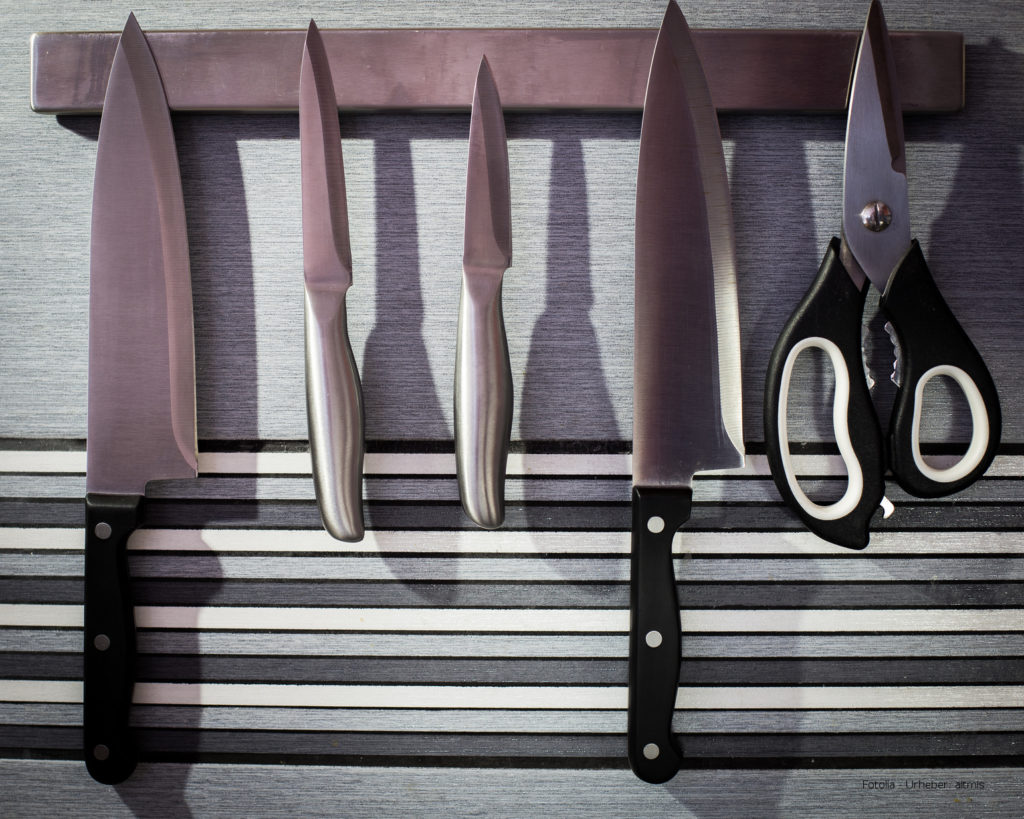
Today everything revolves around the popular stainless steel. We had already compiled everything on the subject of stainless steel types in a detailed article. But again and again we receive inquiries from customers as to whether it is normal for stainless steel pot to be magnetic. So today we’re going to address the question: is stainless steel magnetic?
STAINLESS STEEL MAGNETIC OR NOT?
Unfortunately, there is no general answer to this, as it depends on the composition of the steel. The decisive factor here is which alloy is used. A weak magnet, which almost every household has at hand, is sufficient to determine whether stainless steel is magnetic. Just hold it close to the stainless steel and see if it reacts to the magnet.
The same can be said for other products. If you take induction cookware, for example, you will find that only the base of the pot is magnetic steel and the rim is not. Here it is even a quality feature, because the stronger the magnetism (how strongly does the magnet stick?), the faster the material heats up.
HOW DO I RECOGNIZE STAINLESS STEEL?
The layman tests stainless steel with a magnet, which often helps, but does not always lead to the goal. An open-end wrench, for example, can also be made of stainless steel and is still magnetic. This is Cr-Va steel. Without measuring devices such as an X-ray spectrometer, it is not possible to say with certainty what is going on. The simple long-term measurement by waiting to see whether rust forms is probably not satisfactory, because then it’s already too late, which you actually wanted to avoid.
FERRITIC AND AUSTENITIC
Most products made of stainless steel belong to the group of austenitic steels or alloys. In most cases, no magnetism develops here, but there are exceptions depending on the alloy. A ferritic alloy is used for magnetization. Ferritic steel contains 10-20% chromium, but has significantly less non-magnetic carbon than austenitic steel. Both ferritic and austenitic stainless steels can be made stainless. Therefore, this circumstance says nothing about the longevity of the structure, even if ferritic steels tend to pitting in bores and threads.
STAINLESS STEEL MAGNETIC MATERIAL NUMBER
By the way, not all stainless steel is stainless. It is therefore important to pay close attention to the material numbers listed in our article on stainless steel grades. There are well over 120 types of stainless steel, only a fraction of which can be magnetized. It depends on whether there is an iron content. This allows the steel to be magnetized.
STAINLESS STEEL 1.4301 MAGNETIC
The material number 1.4301, also known as A2, is normally not magnetic because it is a chromium-nickel steel, i.e. austenitic steel. But here, too, it is a question of whether, to stay with the example of the screw shop, they have another coating or were subjected to great force.
MAKE STAINLESS STEEL MAGNETIC
We can remember that stainless steel can only be magnetic if it has a ferritic structure. Chromium steels are ferritic, chromium-nickel steels are austenitic. The magnet will react when subjected to a large amount of force, such as that which occurs during deformation. Even the austenitic steel can change to martensitic steel. This effect is caused by the change in structure.
However, this process does not take place in the entire stainless steel part, but only in the area of the forming, i.e. where the effect of the forming force is centered. Here you can now observe that the parts that have experienced a particularly high force are magnetic. An exhaust pipe can be magnetic in the bend, a stainless steel plate in the area of the cut edge. This does not mean that this stainless steel is impure or of poor quality.
Stainless steel knife magnetic

IS MAGNETIC STEEL INFERIOUS?
The first answer to that is no. Often it is even imperative that the stainless steel is magnetic, such as the cookware mentioned. It can be stated that the production of a stainless steel product, which contains iron and is rust-free, is significantly more expensive. That is why many manufacturers rely on partial alloys that are slightly magnetic. This is also referred to as duplex steel.
Post time: Nov-21-2022





